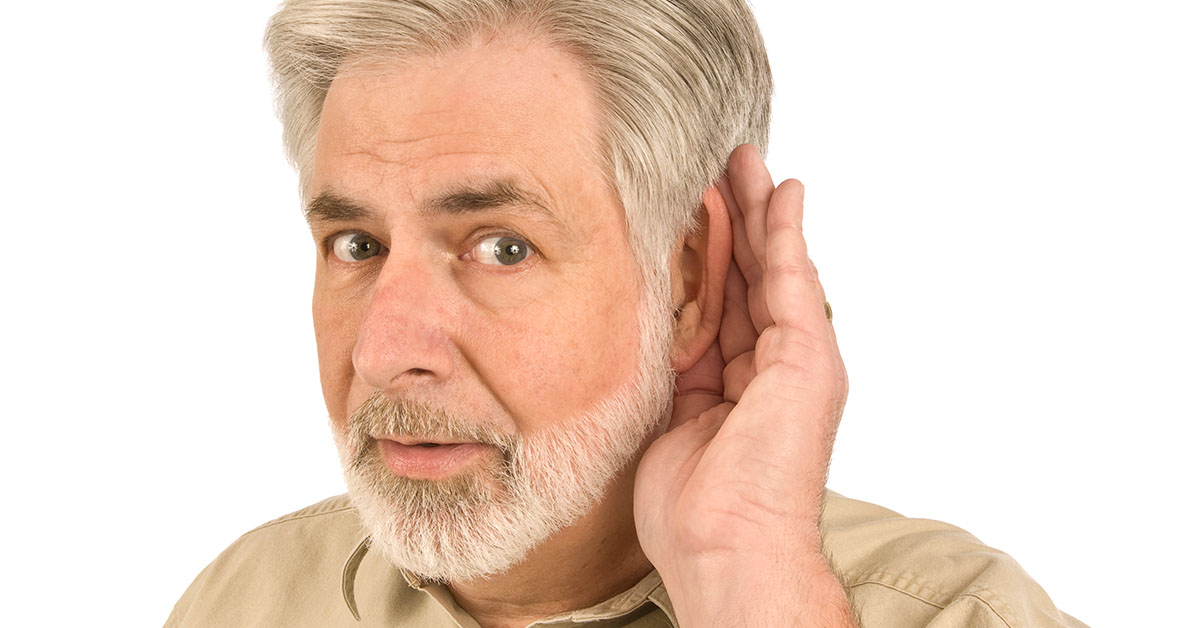
What is Conductive Hearing Loss?
Conductive hearing loss (CHL) is when then there is a transferring sound waves noises arises when there are problems transferring sounds and noises anywhere along the ear's pathway. This pathway may include the outer ear, middle ear, ear drum, and small bones in the ear. With CHL, individuals generally have trouble hearing lower or softer sounds.
Causes of Conductive Hearing Loss
CHL can have multiple different causes, including the following:
- Swimmer's ear or ear infection.
- Allergies.
- An excessive buildup of wax in the outer ear.
- Fluid accumulation in the middle ear.
- Punctured or perforated eardrum.
- Tympanosclerosis or scarring of the eardrum.
- Benign tumors in or around the ear.
- Foreign object lodged in the ear.
- Eustachian tube malfunction.
- Abnormality or scarring of the outer or middle ear.
- One of the inner ear bones, typically the stapes bone, being unable to vibrate normally (otosclerosis).
- Autoimmune disorders.
- Measles.
- Stress fracture in or around the inner ear.
Symptoms and Diagnosis of Conductive Hearing Loss
In milder cases of CHL, the most common symptom is being unable or having difficulty hearing lower or softer sounds. If CHL does not heal on its own, it may become progressively worse, causing individuals to have difficulty hearing mild pitched or higher pitched sounds.
Symptoms may be limited to loss of hearing. However, those affected by CHL may also experience the following:
- A ringing or buzzing noise in one or both ears (tinnitus).
- Dizziness or the feeling of losing your balance (vertigo).
If you notice any of these symptoms, visit your ENT specialist. They can properly analyze your conditions and family history, examine your ears, and perform testing on your hearing to determine if you suffer from CHL.
Treatments for Conductive Hearing Loss
Due to the several potential causes for CHL, your ENT specialist will tailor your treatment to meet your specific needs. Some causes of CHL can be treated with home remedies such as over-the-counter ear drops.
Other causes of CHL, however, will be best treated with prescribed medication (antibiotic or antifungal) and/or surgical procedures. Your ENT specialist may also recommend the use hearing aids (worn hearing aids or surgically implanted) to help transmit sound in the outer or middle ear.



